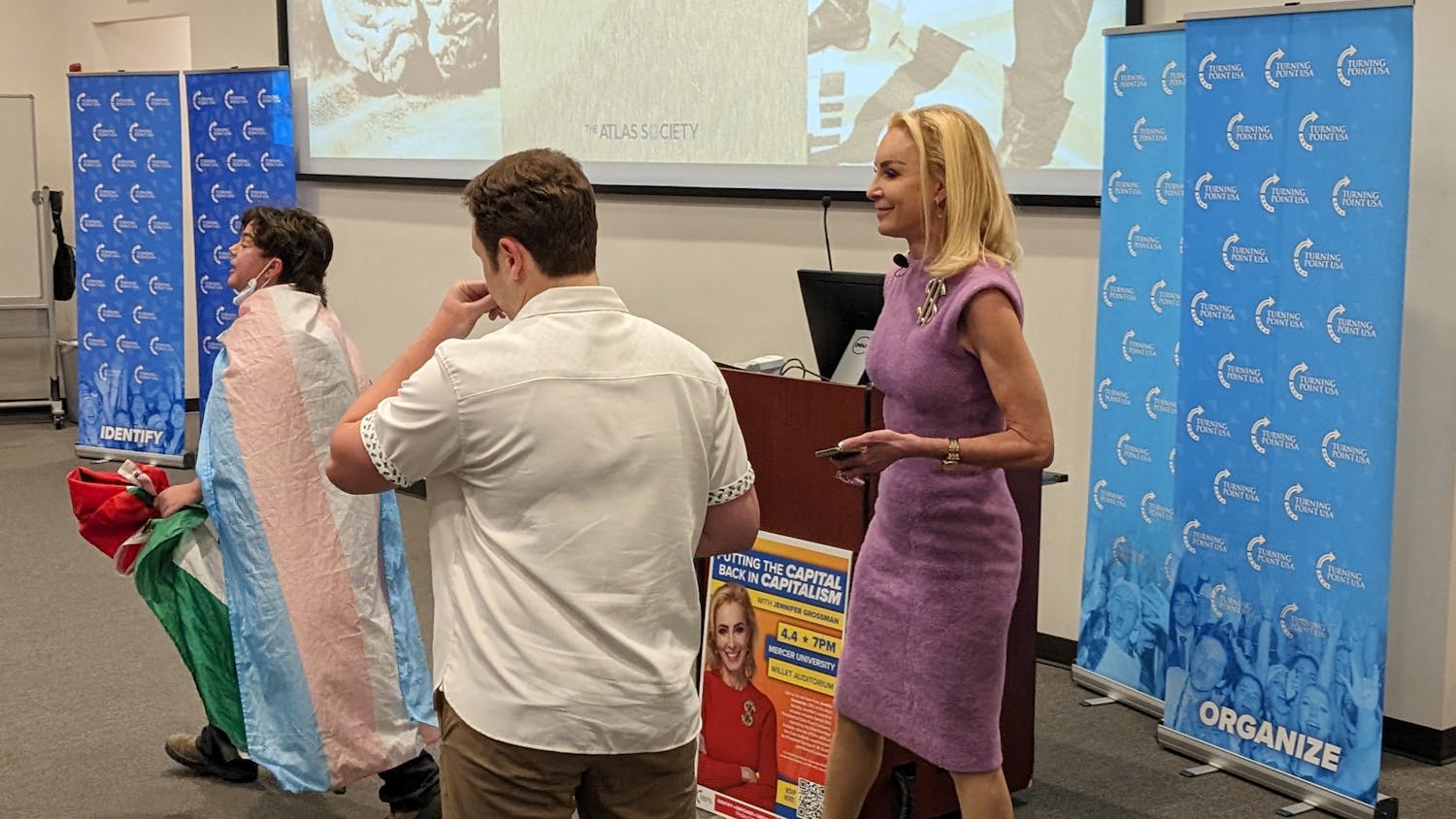The rings of British accents chanting “Ole, Ole, Ole, Ole” echoed on the golf course, as Martin Kaymer, playing for Europe, and Steve Stricker, playing for the United States, began the penultimate match on the afternoon of the final day of the 2012 Ryder Cup in Medinah, Illinois.
The Americans headed into the final Sunday with a comfortable lead of 10-6 against the tough English competition. It looked like it was all wrapped up for the United States, but the Europeans took the first four points of the day and were off to the races.
As Kaymer took a look at his final hole of the match, he knew he needed to sink the putt for par in order to retain the cup and make the match between Tiger Woods and Francesco Molinari irrelevant.
Kaymer wasn’t thinking about missing the putt or the importance of the next swing. He was just extremely happy to be in the position he was in.
“It’s a feeling I’ve never had before,” Kaymer said in an interview after the match.
The differences between individual and team golf is an interesting aspect to the game, and sports enthusiasts and researchers have searched for the reasoning behind this difference.
Lauren Bigham is a sports psychologist consultant, and she is getting her doctorate in counseling psychology at The University of Georgia. She has studied and worked with golfers during her education, and she can give evidence and expertise about the differences in individual versus team performance.
“When you play as an individual you take the consequences of your own actions, and you are the one who gets hurt with failure,” Bigham commented. “But when you play on a team, if you blow up you are bringing down the team, and your performance enhancement is doubling the risk.”
Sports psychology is all about the thoughts in the back of athlete’s minds, whether they are debilitating or enhancing thoughts. Through different techniques you can drown out the debilitating and promote the healthy thoughts.
Bigham believes that the answer to the differences in mentality with individual versus team golf lies with the individual and their motivation.
“Not only does a golfer’s preparation and performance depend on the individual athlete, but it also depends on the atmosphere of the team,” Bigham said. “It can be a very healthy collegial team or a very cut throat in house competition, and either one can make a golfer dislike or enjoy the team aspect of the game.”
After gathering his nerve, Kaymer stepped back onto the green with the weight of Europe on his back.
He sunk the 8 foot putt to seal the comeback, and he was immediately engulfed in the pandemonium of his teammates.
“It was a level of ecstasy that I had never experienced,” Kaymer said. “The major win was just for myself, but I could see the guys behind me.”
Captain of the European team that year was Jose Maria Olazabal, and spectators said that he looked to the heavens as he broke down in tears while the English fans went mad.
“I’m glad I had the 12 men on my side ready to give their best for a whole week,” Olazabal said in an ESPN interview. “I think the players really believed in the team.”
The phenomenal comeback of the 2012 Ryder Cup will be one for the history books because it gives a prime example of a golfer’s mentality through a team victory.
Tom Watson is a veteran at the Ryder Cup, and he is a US captain for the 2014 competition. Watson specializes in the team aspect of the golf game, and he loves the team
competition.
In a recent article, Watson explained, “I am going to use every bit of information that I can use to both motivate and inspire the players and create the best team possible for a victory.”
There is a big difference for golfers when they play as a team and as individuals. There are altered expectations, pressures, and stresses.
In a PGA interview for the upcoming Ryder Cup, Watson talked about the mentality of these golfers and how he wants to coach them.
“Different people handle pressure better than others,” Watson said. “The track record shows that, whether [the golfers] can hold their own pressure playing individually; can they hold the pressure, hold it or succeed under the pressure when they are playing individually. That’s the only standard that I can go by.”
These varied mentalities and ways that golfers control themselves in competition is a source of study and discussion for sports psychologists.
Bigham also agreed with the comments that Watson made about team play, and she used Watson as an example of a golfer who “lives off team play.”
“Some play better and feed off the team’s energy, but it has been proven that team play provokes a lot of anxiety for athletes because of the shamefulness that comes with loss,” Bigham said.





